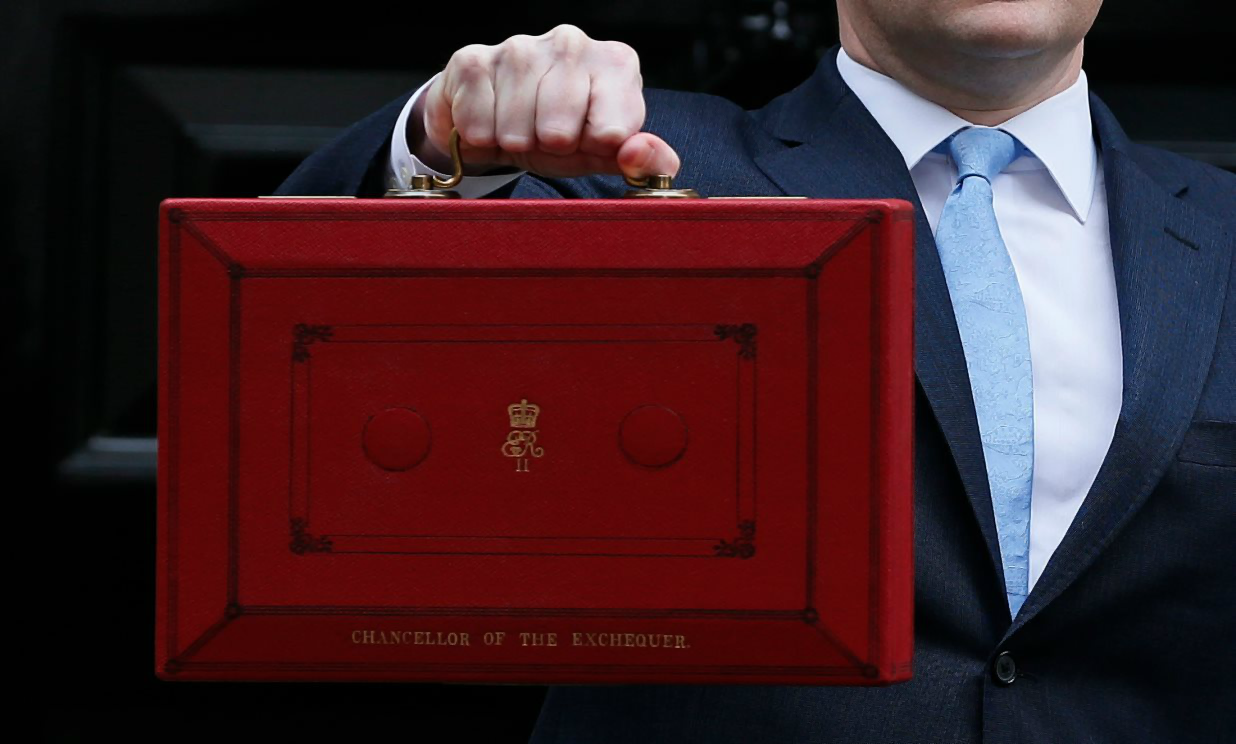
As another UK general election comes to a close, we’re once again treated to a flood of theories regarding what’s become a highly controversial issue– inheritance tax.The current rules are fairly clear and straightforward.The threshold for inheritance tax is £325,000 – if your estate is worth less than this or if you leave your entire estate to a spouse, civil partner or charity, then you don’t need to pay any tax.
There are a few other exceptions to bear in mind.
For example, if you leave your estate to your child (including adopted or fostered children, stepchildren or grandchildren) then the threshold is raised to £425,000.Or you can also add any unused threshold to your partner’s, giving them up to £850,000 tax-free. Otherwise, you’ll be charged 40 per cent tax on everything above that threshold.
The effect of rising property prices
Most of the recent criticism about this tax comes down to house prices.Whilst the threshold for inheritance tax (£325,000) has remained the same, house prices across the UK have, in most parts of the country, been rising, especially in places like London .
As such, more people are finding themselves above this cut-off point for inheritance tax thanks solely to the value of their property, before savings or other assets are even counted. And, unsurprisingly, they’re not happy about their family being hit with a bigger bill.
Cutting your inheritance tax bill
But what can you do to keep your inheritance tax bill down? The last thing you want is to accidentally break a law and leave your family dealing with the messy fallout.According to Switalskis, a leading solicitors firm in Leeds that’s been providing legal advice and representation for over 20 years, there are a few ways to legally cut down your inheritance tax bill, and they’re not quite as confusing or complicated as you’d think.
Here’s a quick of summary of the three safest tactics:
#1: make your will as tax efficient as possible
Wills have a reputation for being confusing and complicated to set up, but with the help of a specialist solicitor, it’s surprisingly straightforward.They’ll direct you on things like discretionary trusts and who to leave things to, in order to make your will tax efficient (sounds impossible but it can be done).
#2: give gifts during your lifetime
It’s possible to reduce the amount of inheritance tax payable after your death by giving away significant gifts (like property or shares) during your lifetime, but it’s important to proceed with caution if you’re going down this route.
There are lots of rules in place around gift-giving to prevent tax evasion, so ask a legal expert for tips and advice beforehand.
#3: create a trust
Setting up a trust to divide your assets is a great way of managing your money and, if done properly, can cut your inheritance tax bill.
It’s also ideal for ensuring you’ve provided for your family and loved ones after your death, whilst still protecting your assets (i.e. by setting restrictions on beneficiaries regarding age and circumstances).
The easiest way to ensure you’re safely exploiting these three tactics for reducing your inheritance tax bill, though, is to seek the help of a solicitor. The last thing you want is to be accused of tax evasion, and they’ll keep you on the right side of the law throughout the whole process.


































